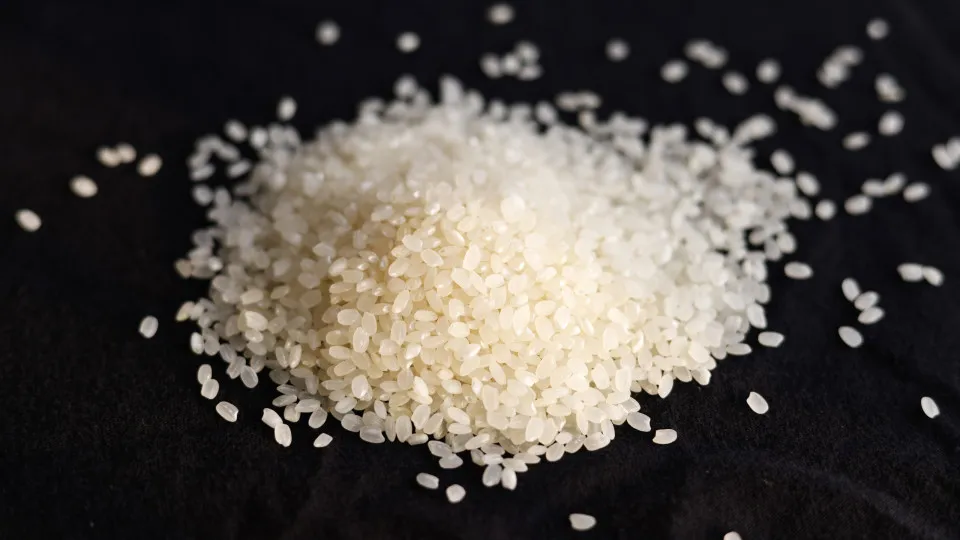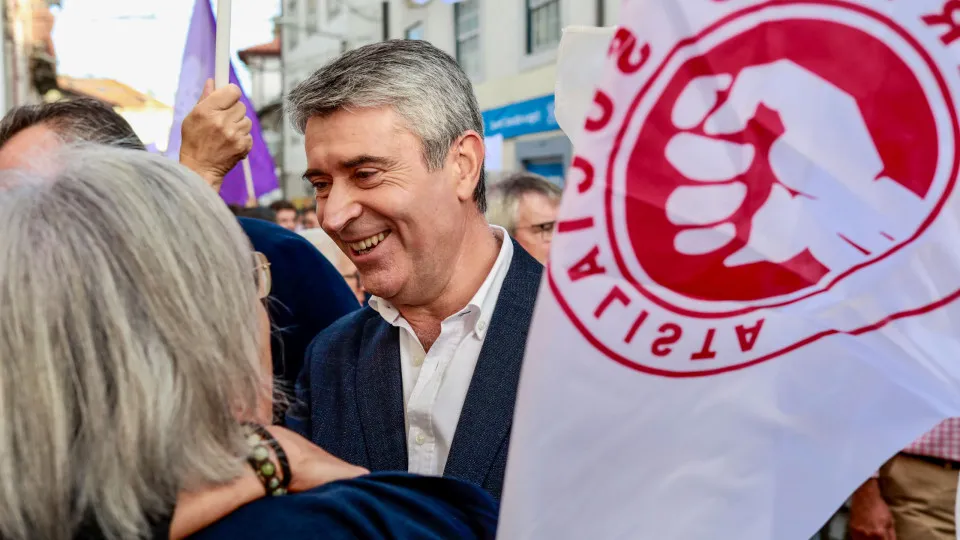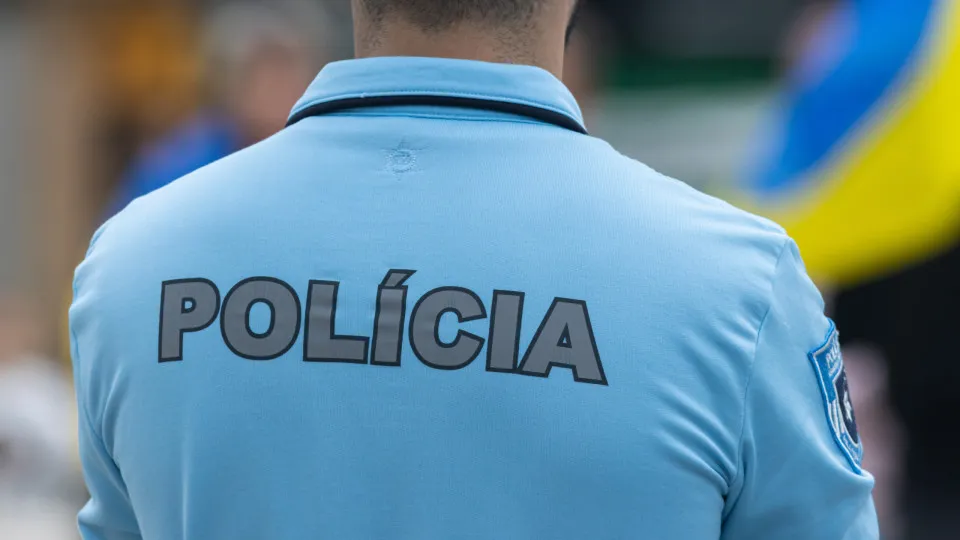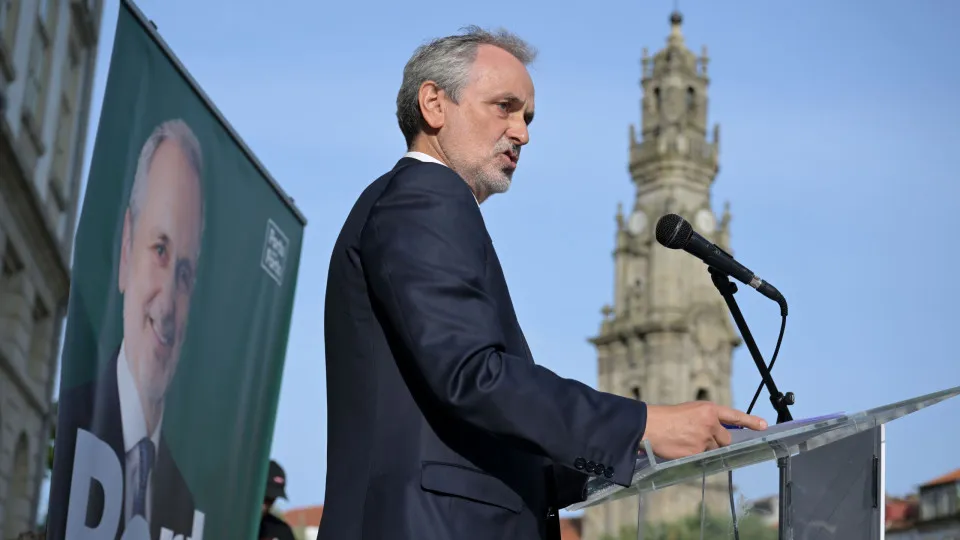
A “coordination group” was established in Vercelli, Italy—where the International Rice Festival commenced today—accompanied by an international conference on “The Future of the EU Rice Sector: A Common Strategy.” The event saw the participation of Agriculture and Fisheries Minister José Manuel Fernandes and government officials from the alliance nations: host country Italy—the EU’s leading rice producer—Spain, Greece, France, Romania, Bulgaria, and Hungary.
The final statement adopted today remarked, “Considering the fundamental role of the rice sector and the range of challenges it currently faces regarding trade, the eight EU rice-producing countries agree on creating an alliance, EURice. This alliance, rotating its annual presidency among its members, is intended to meet regularly as a permanent coordination group to address sectoral issues.”
The new EURice Group underscores the urgent need for measures to address the imbalance between the Union’s imports from third countries and its exports while ensuring fair competition.
European countries note, “The EU imports from third countries are expected to reach 1.5 million tons, primarily from India, Pakistan, and ‘Everything But Arms’ countries like Myanmar and Cambodia, benefiting from zero preferential tariffs for all rice types and processing stages,” despite reports of “human rights violations” or “substances prohibited in the EU being used or applied beyond regulatory limits” in some of these countries.
Conversely, “EU exports to third countries are estimated below 240,000 tons,” supporting the need for “measures to boost exports to non-producing countries that appreciate high-quality products.”
The statement argues that “European rice can be considered a niche product for consumers willing to pay more for a quality product cultivated ethically and sustainably. Informative campaigns should promote the unique features of European rice, encouraging consumers to choose it over Asian alternatives.”
The rice-producing countries also advocate for “greater attention to new scientific methods to improve rice production” and assert “the post-2027 Common Agricultural Policy (CAP) must have adequate financial resources for a strong, independent CAP.”
In comments to Lusa, José Manuel Fernandes noted that “Portugal is the EU’s top rice consumer per capita,” and stated that Europe could enhance its rice production if “there are fair competition conditions, highlighting the importance of reciprocity.”
“I cannot explain to a farmer why certain phytopharmaceutical products are prohibited while Portuguese consumers find groceries produced with these substances from non-EU countries,” he said, defending “automatic safeguard clauses when import exemptions are not honored.”
Highlighting the premium quality of Portuguese and European rice, the minister calls for “promotion support for third countries, without neglecting the EU and its 450 million inhabitants,” emphasizing transparency as “European citizens must recognize products meeting the highest environmental standards and a robust social state, which requires knowing the production origin, making labeling crucial.”
Asked if this newly formed alliance might aid the European Commission in advancing the requested measures, José Manuel Fernandes expressed optimism, citing Portugal’s initiative in December 2024 to advocate for legislative changes enabling drone use for applying phytopharmaceuticals. Initially backed by 13 countries, the proposal gained unanimous support, prompting Brussels to consider legislative amendments by year-end.
“Our December 2024 action placed the drone issue on the EU Agriculture and Fisheries Council’s agenda, aiming for legislation by year-end. Together, these eight countries wield much greater influence for this purpose,” he remarked.




